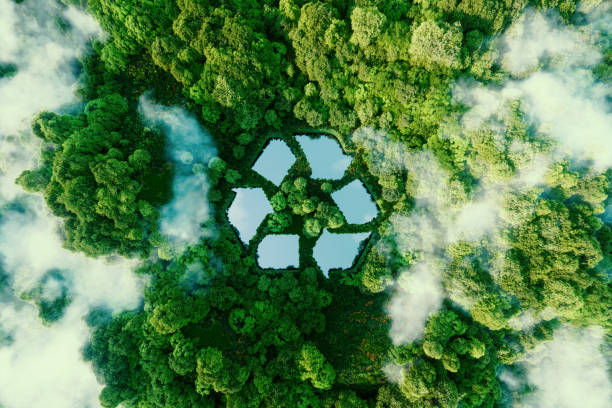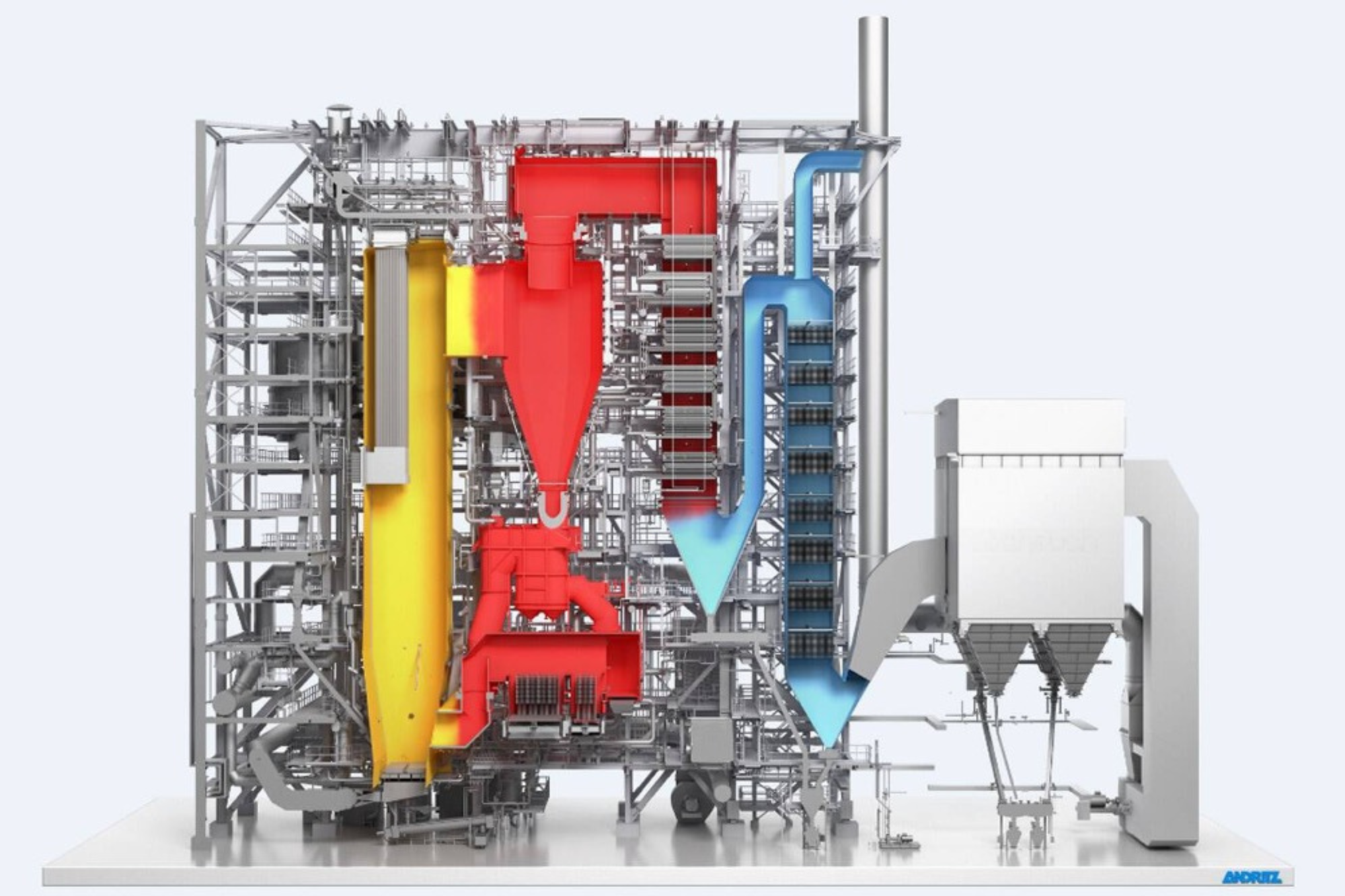According to Dr. Mai Duy Thien, President of the Vietnam Clean Energy Association, the transition to sustainable energy is a key objective for many countries and regions worldwide, driven by the increasing demand for energy and the gradual depletion of fossil fuel resources.
Green and renewable energy is also a crucial solution in responding to the global climate change crisis. The inevitable trend of green development, energy transition, and emission reduction is something Vietnam cannot ignore. It presents an opportunity for the country to develop, restructure, and steer its economy towards a cleaner, greener, and more sustainable path.
To reduce reliance on increasingly scarce fossil fuels for electricity, heat, and energy production, Vietnam has been actively transitioning its energy sector. This includes leveraging domestic capabilities and strengthening cooperation and support from development partners.
The country is working towards decreasing its dependence on fossil fuel-based electricity, prioritizing the development of renewable and green energy sources. The plan is to increase the proportion of renewable energy in electricity production to about 30.9 – 39.2% by 2030, aiming for a 47% renewable energy ratio. By 2050, the target is to reach 67.5 – 71.5% renewable energy. There’s also a goal to control greenhouse gas emissions from power production to around 204 – 254 million tons in 2030 and approximately 27 – 31 million tons by 2050, with a peak emission target of no more than 170 million tons in 2030.
However, the current development of green energy faces many challenges, requiring solutions to further accelerate the process towards sustainable development. This involves developing a synchronized, interconnected energy market across various sectors like electricity, coal, oil, gas, and renewable energy. It’s crucial to eliminate barriers to ensure transparent energy pricing determined by the market, avoiding cross-subsidization among different customer groups and regions. The state should regulate effectively through market tools (taxes, fees, funds…) and appropriate social security policies.


Furthermore, policies encouraging enterprises and private entities to independently develop clean energy sources should be enacted, ensuring efficiency and safety.
Developing green, clean, and sustainable energy is not only a solution to combat climate change and protect the environment but is also a key factor in enhancing social and economic development, improving quality of life, health, and showcasing Vietnam’s responsibility in the international community.

 Tiếng Việt
Tiếng Việt


